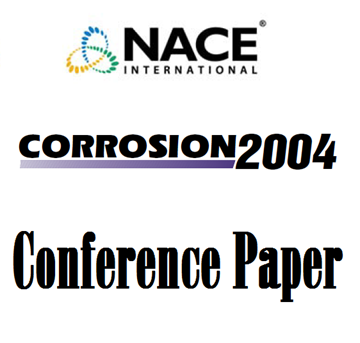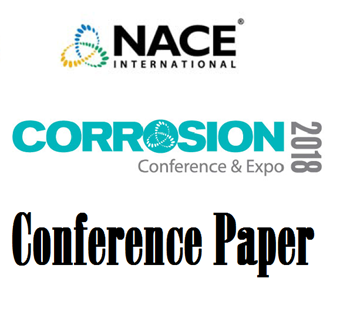Search
Prevention and Control of Corrosion - It’s a Matter of Choice
Also Purchased
04257 Control of Corrosion and Service Life
Product Number:
51300-04257-SG
ISBN:
04257 2004 CP
Publication Date:
2004
$20.00
51318-10593-OPTIMIZED COSTING OF CORROSION CONTROL METHODS IN OIL AND GAS FACILITIES
Product Number:
51318-10593-SG
Publication Date:
2018
$20.00
Replica Tape- Relating 3 Surface Profile Parameters to Pull-Off Adhesion
Product Number:
41215-878-SG
Publication Date:
2015
$20.00
Recently viewed




